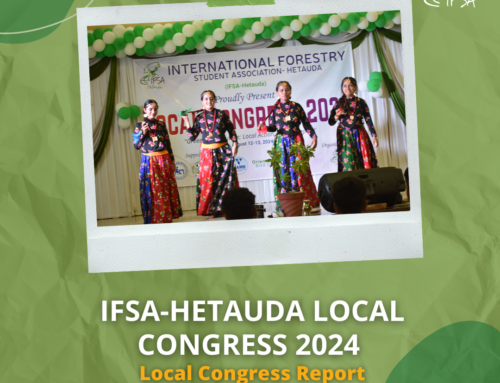A possible solution is to follow the principle of adaption, which are:
- Designing human settlements mimicking natural ecosystems
- Progressive elimination of combustion in the city
- Interdependence between economy and ecology
- Increasing biological and cultural diversity
Possible benefits of Urban Agroecology:
The wastewater and organic solid waste can be transformed into resources for growing agriculture products; thus will improve the water management and increase the availability for fresh water. Another positive effect of agroecology would be the preservation and restoration of rural lands, avoiding further degradation. In addition to that, plants in cities improve the air quality and the costs of transportation, storage and product loss will lower.
My conclusion of this event is that the agroecology is an interesting topic with potential for more researches, but also many unanswered questions e.g. How to introduce the system into the city, which is already built and established? It would be a good way to slow down climate change though it is linked with a lot effort.

Merle Küster is a Forestry Student at Technical University of Dresden, Germany. Her main interests involve Botany and Biological Processes.]]>
 Merle Küster is a Forestry Student at Technical University of Dresden, Germany. Her main interests involve Botany and Biological Processes.]]>
Merle Küster is a Forestry Student at Technical University of Dresden, Germany. Her main interests involve Botany and Biological Processes.]]>



